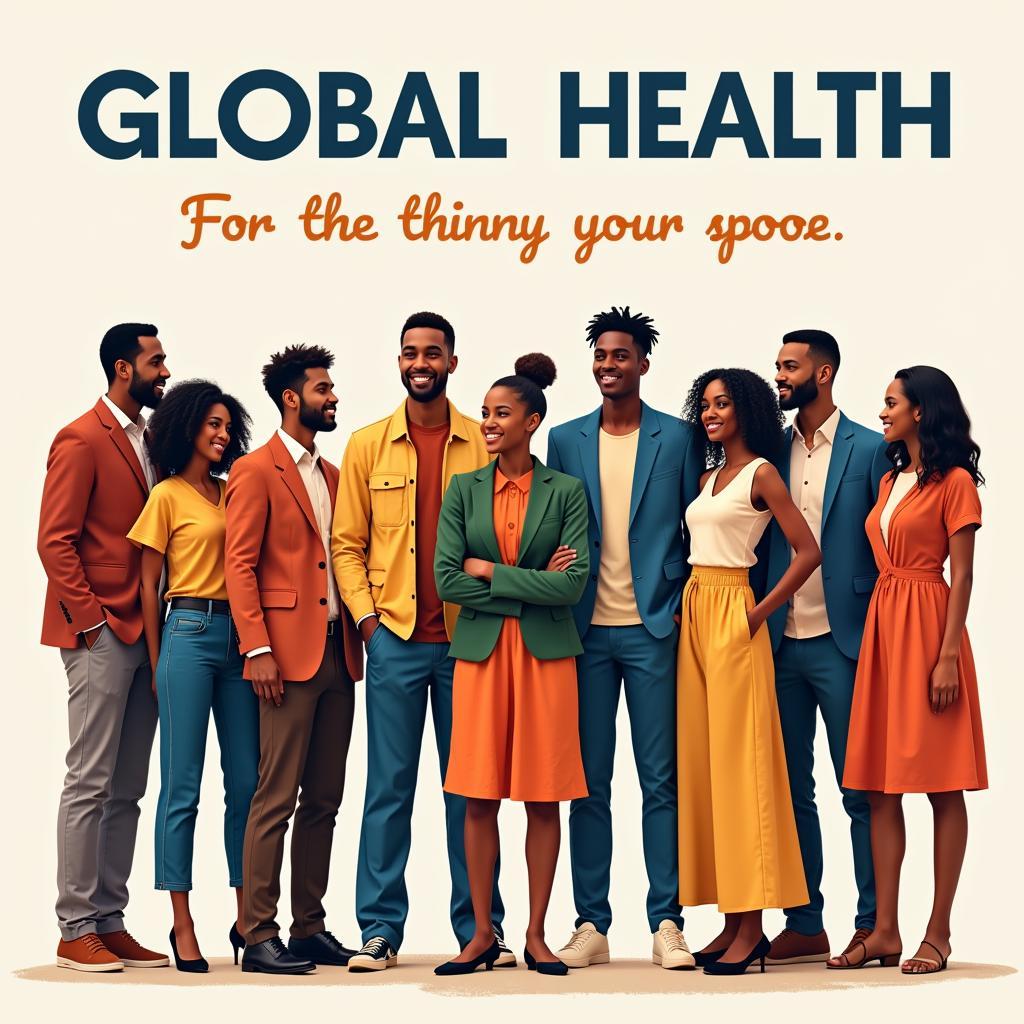The world is changing at an unprecedented pace, and these changes have a profound impact on your health today. From the food we eat to the air we breathe, the environment we live in to the technology we use, our choices are constantly shaped by a society in flux. How can we navigate these complexities and make informed decisions that prioritize our well-being?
The Intertwined Nature of Society and Well-being
It’s impossible to separate our individual health from the health of our communities and the planet. Globalization, urbanization, and technological advancements have created new opportunities but also new challenges.
- Globalization: Increased access to information and goods can be empowering. However, it also means that health threats can spread more rapidly, and the global food system can contribute to unhealthy diets.
- Urbanization: Living in cities often means less access to green spaces and increased exposure to pollution. This can negatively affect both physical and mental health.
- Technology: While technology connects us and provides access to health information, it can also lead to sedentary lifestyles and increased stress.
 Global Health Connections
Global Health Connections
Making Healthy Choices in a Changing World
Despite the challenges, there are concrete steps we can take to protect and enhance our well-being in this ever-evolving landscape.
1. Prioritizing Mental Well-being in a Fast-paced World
The constant barrage of information and the pressure to “keep up” can take a toll on our mental health. It’s essential to cultivate resilience and prioritize self-care:
- Mindfulness and Meditation: Practicing mindfulness can help manage stress, improve focus, and promote emotional regulation.
- Disconnecting from Technology: Setting boundaries around screen time and engaging in activities that bring joy and relaxation are crucial.
- Seeking Support: Don’t hesitate to reach out to friends, family, or mental health professionals when you need help.
2. Navigating the Digital Age for Better Health
Technology has revolutionized healthcare, providing access to information and support like never before. However, it’s crucial to be discerning consumers of online health information:
- Reliable Sources: Consult reputable websites, government health organizations, and medical professionals for accurate information.
- Critical Evaluation: Be wary of sensationalized headlines and quick-fix solutions. Cross-reference information and seek evidence-based advice.
- Privacy and Security: Be mindful of the personal health data you share online and use secure platforms.
“In today’s digital age, it’s more important than ever to be health literate. Critically evaluate the information you encounter online and empower yourself to make informed decisions about your health.” – Dr. Emily Carter, Public Health Specialist
3. Building Sustainable and Healthy Communities
Creating healthy societies requires a collective effort. By advocating for policies that prioritize well-being and supporting organizations working towards positive change, we can contribute to a healthier future:
- Access to Healthy Food: Support initiatives that promote access to affordable, nutritious food for all.
- Sustainable Living: Advocate for policies that protect our environment and promote sustainable practices.
- Community Engagement: Get involved in local organizations working to address health disparities and promote well-being in your community.
 Cultivating Community Health
Cultivating Community Health
Your Health, Your Choices
Your health today is a reflection of the choices you make within the context of a rapidly changing world. By understanding the interplay of societal factors, embracing a proactive approach to well-being, and advocating for a healthier future, you can navigate these complexities and live a healthier, more fulfilling life.
FAQ
1. How can I protect my mental health in the face of constant change?
Prioritize self-care through practices like mindfulness, exercise, and connecting with loved ones. Limit exposure to negative news and set boundaries with technology.
2. What are some reliable online sources for health information?
Look for websites ending in .gov, .org, or .edu. Government health organizations, reputable medical institutions, and professional organizations are good sources.
3. How can I contribute to a healthier society?
Support policies that promote health equity, get involved in community organizations, and make choices that are good for both your health and the environment.
4. What are some ways to stay informed about health issues in a changing world?
Subscribe to reputable health news sources, follow health organizations on social media, and engage in conversations about health with your friends, family, and healthcare providers.
Need Support?
For assistance with health and well-being resources, please contact:
Phone Number: 02043854663
Email: [email protected]
Address: Khu 34, Bắc Giang, 260000, Vietnam
Our dedicated team is available 24/7 to provide support and guidance.